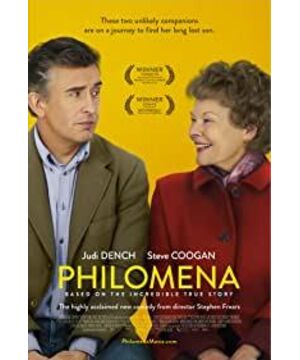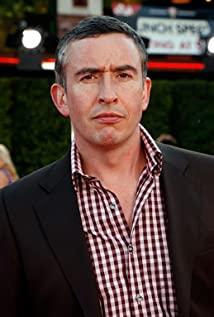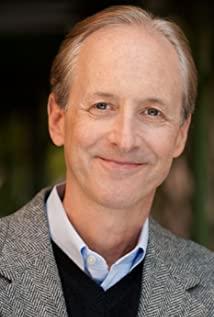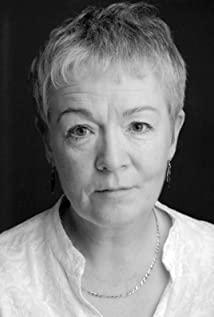Philomena's desire to understand his son's curiosity made Philomena choose to stay in the United States for a while; fear that Micheal would forget his original identity and origin made Philomena want to stop this search; and the encouragement of a badge found by Martin made her Find the courage to keep going. In fact, her biggest worry is that her son no longer remembers himself, no longer remembers Ireland. mother, and the motherland. Martin was attacking the church all the way, but P completed his self-confession in the churches along the way; M carried a lot of unobvious burdens that made him impatient and cynical, but P continued to feel deeply guilty for the pain that he had seen in those fifty years. He handed over his faith to the Lord and handed it over to a church or a monastery, but he devoted everything to this society. Two M and P, who are so different in belief, identity, and personality, are bound together stably. When P retreats again and again and becomes vulnerable and helpless, it is M who gives her the courage to step forward.
The most critical figure in the entire interview, Peter, the son's same-sex partner, refused to show up for a long time. Martin's [step in front of the door] spirit and Philomena's composure was something Peter couldn't say no more to. Micheal was gay and died of AIDS, and before he died, he found his mother, went to Ireland, and even found his childhood monastery and buried it here... but, because the monastery was interfering with it, they have always been flesh and blood. separation, from the beginning to the present. At this time, Philomena finally confirmed that Micheal was Antony back then, and he never forgot.
Returning to Ireland and heading straight to the monastery once again has Martin driving the paradox. The accusation against the nun who was involved in this matter, and the uncontrollable emotional out-of-control turned into a bubble in Philomena's forgiveness for the other party. When the parties are relieved, you have no reason to continue to be angry. The two finally relieved themselves at Micheal's grave, got in the car, and left. P once again dictated to M another novel he had recently read. P has no more doubts and no regrets, and M has finally attributed to his spiritual peace.
Everything ends here, just fine.
View more about Philomena reviews











